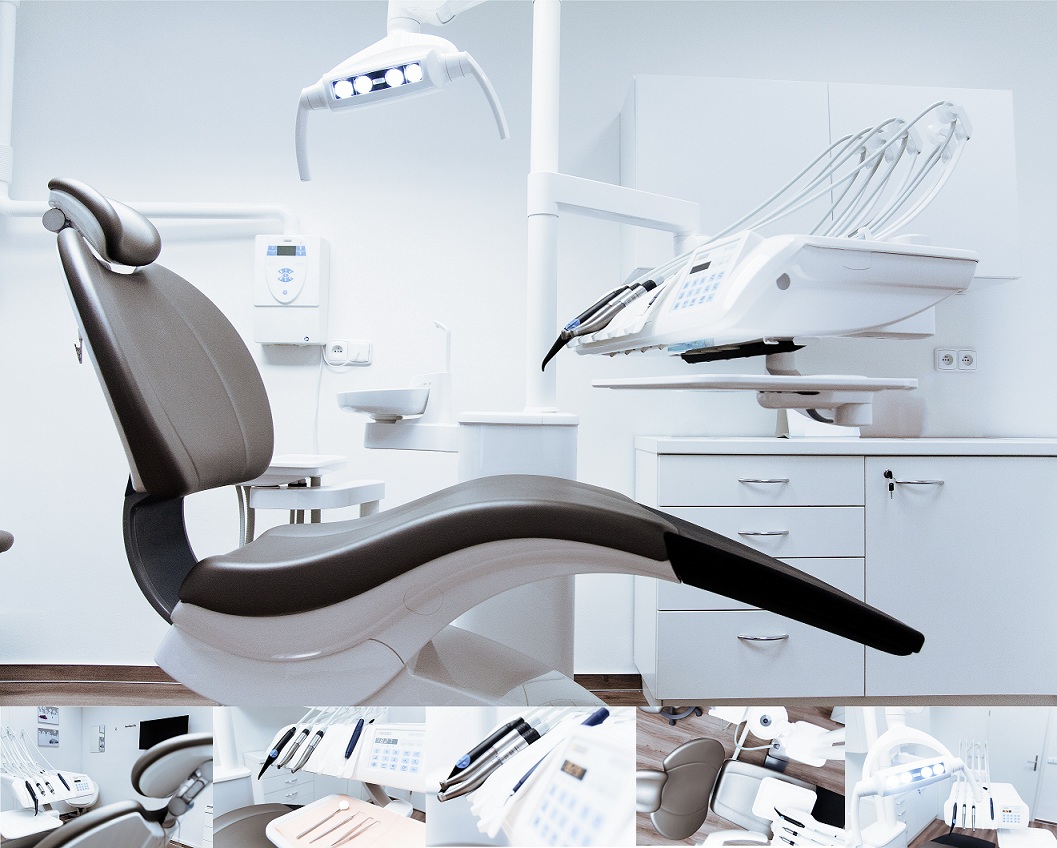What Medical Supplies does Your Facility Require?
Posted by B&F Medical Supplies on Mar 17th 2022
Medical supplies are more than just the products; they're solutions to common medical problems. If you run a hospital, nursing home, medical care center, or private clinic, you'll require a wide choice of medical supplies.
With the correct medical instruments and equipment, you'll be able to assist patients and perform a variety of medical duties. A dependable medical equipment supplier can help you provide the top medical supplies in the health industry.

We've outlined a few different types of these products that you can purchase based on your needs and interests.
Diagnostic equipment:
- Diagnostic supplies are medical equipment or tools that are used to screen or test a patient's condition. These frequently collect chemical or biological measurements of patients in order to diagnose an illness and track the course of treatment.
- These devices detect any irregularities in the organs or other body parts that could be causing the symptoms. Other diagnostic supplies include:
- Otoscopes
- Ophthalmoscopes
- Blood Pressure Monitors
- Oximeters
- Blood Glucose Monitors
- Sphygmomanometers
- Stethoscopes
- Temperature meters
Patient monitoring equipment:
- The care of patients requires a wide range of resources. These items do not necessitate the presence of a doctor; anyone can use them to keep track of their own health in their daily lives.
- For instance, a specialist may prescribe an electronic blood pressure monitoring device to a patient suffering from high blood pressure. This will allow patients to check their blood pressure without visiting the clinic every day.
- Medical supplies for patient monitoring also include a blood sugar measurement kit, a mobility aid, and a hearing aid, among other things.
Surgical equipment:
- The surgical supplies' accuracy is critical to the effectiveness of the procedure. If you perform operations in a clinic or hospital, you'll also want a variety of surgical supplies for your operating room.
- You'll also need a range of disposable materials, such as glasses, gloves, caps, and other items that your surgical team will wear to prevent infection. Drapes and gauze are also needed to clean and protect the patient.
Transport and storage medical supplies:
- Medical supplies must be stored and transferred safely, which necessitates the use of appropriate medical equipment. You'll need a variety of goods in your facility to give patients mobility and make storing and transferring things easier for your employees.
Acute-care supplies:
- Medical professionals use acute care supplies on a daily basis to provide care to patients. Medical supplies for patients' acute care include general-purpose trays, wound-care kits, non-surgical equipment, monitoring equipment, among other things.
- Mobility aids, clothing and grooming aids, incontinence management items, defibrillators, ventilators, and other acute care supplies are also available.
The Bottom Line
Now that you're aware of the various types of medical supplies you'll require, look for a medical equipment supplier who is known for providing high-quality products at affordable prices.
If you do this, you will be able to provide the best possible medical care for your patients and still make a profit.
